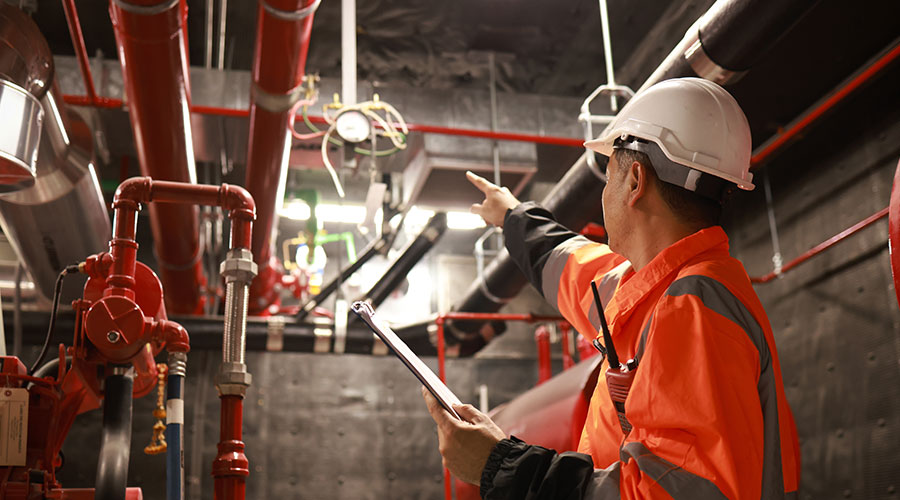Equipment Rental: What Should Managers Ask Rental Companies?
Making a case for capital investments is one of the toughest tasks maintenance and engineering managers endure. That challenge has become even more difficult during the recession, as commercial and institutional facilities search for ways to control costs.
Managers know despite tighter budgets and sometimes reduced workforces, large-scale jobs, including light construction and landscape projects, must go on. Of course, equipment is integral to the success of these projects, so rental companies play a key role in helping managers specify the right equipment for the job and ensure proper training for operators — all while avoiding capital expenditures.
"Any time there's a restraint on capital like there is in this economy, people are looking for ways to preserve capital needs," says Don Irwin, group vice president of operations with NES Rentals. "That's the whole gist of renting; that's what we do. We invest our capital to provide ways for an end user to manage peak demand, to manage special application projects, and to try to do what they do on a daily basis and use our equipment to try to facilitate that, as opposed to entering the realm of being an equipment owner and provider."
Skid steers, excavators, backhoes, and trenchers are examples of earth-moving equipment many managers rent for light-construction or grounds care projects. Common applications include site preparation, debris removal, cleanup from storm damage, and installing underground utilities. But before operators can undertake these projects, managers need to work with rental companies to get answers to a series of questions related to equipment specification and operation, as well as training.
Getting Started
The first question managers need to ask when renting equipment relates to the job. Managers often assume they know the equipment they need based on experience, but rental companies can provide a unique perspective because it is their job to monitor equipment technology advances and determine the proper application for that equipment.
Certain applications, such as grounds care projects, require managers to gather more information before calling a rental company to ensure they specify the proper equipment. For example, ground pressure is important when deciding whether to specify wheels or tracks on a skid-steer loader for a turf project. A rental company typically can tell managers the likely outcome for turf damage or other damage the equipment might cause.
"Capacity, whether it is bucket capacity or digging depth or equipment weight, are awful important in a grounds-maintenance application," Irwin says. "Tire type, soil conditions — all of those types of things are important (to) communicate to your rental provider so they can send you the best piece they can to match your application."
Rental companies constantly are monitoring the new equipment common in commercial and institutional applications. Managers can tap into that knowledge to take the guesswork out of rental.
"What happens sometimes is people order equipment because five years ago when they did this job, they used this type of equipment," says Ken Rothmel, director of strategic accounts with Sunbelt Rentals. "Every couple of years, manufacturers say, "You know, we've had problems when we used that equipment for this job, so we've made a new piece of equipment that works better, is easier to handle, safer, and easier to operate.'"
After determining the right equipment for the job, other crucial questions managers should ask rental companies include:
- What are the delivery and pick-up costs?
- What type of training does the rental company provide or facilitate?
- What are the terms and conditions of the contract, including insurance coverage?
- What type of maintenance and repair service does the company provide? Many light-construction projects take place at night or during non-business hours. Do companies provide 24-7 service?
- Who is my rental company contact, both in the branch and out in the field? Having a contact person is especially important during an emergency and during non-business hours.
Related Topics:









